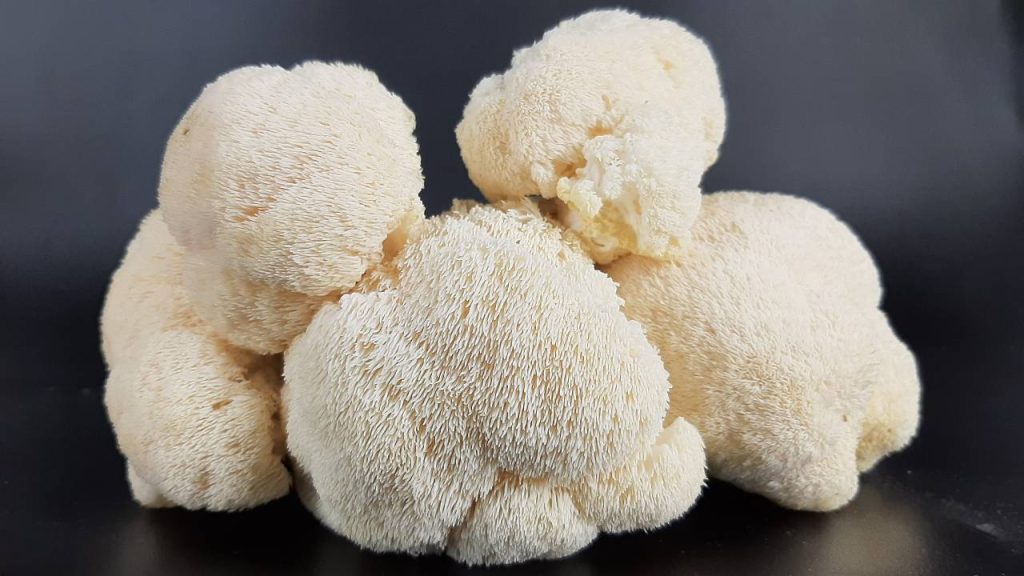Lion’s Mane mushroom, scientifically known as Hericium erinaceus, is a unique and fascinating fungus celebrated for both its neuroprotective properties and its culinary versatility. Characterized by its distinctive appearance resembling a lion’s mane with its cascading white spines, this mushroom has been revered in traditional medicine for centuries, particularly in Asian cultures. Modern research has unveiled a wealth of evidence supporting its cognitive and neurological benefits, making it a focal point in studies related to brain health. The neuroprotective properties of Lion’s Mane are largely attributed to its ability to stimulate nerve growth factor NGF production, a protein crucial for the growth, maintenance, and survival of neurons. NGF plays a significant role in neurogenesis—the process by which new neurons are formed in the brain—and its stimulation can potentially help combat neurodegenerative conditions such as Alzheimer’s disease and Parkinson’s disease. Research has demonstrated that Lion’s Mane can enhance cognitive functions, improve memory, and potentially delay the onset of age-related cognitive decline.

This has made it a popular supplement for those looking to support brain health and mental clarity. Additionally, Lion’s Mane contains bioactive compounds such as hericenones and erinacines, which are believed to contribute to its neuroprotective effects. These compounds have been shown to cross the blood-brain barrier and exert positive effects on brain function. Clinical studies have indicated that Lion’s Mane supplementation can lead to improvements in cognitive performance, mood, and overall psychological well-being. However, while the initial findings are promising, more extensive and long-term studies are necessary to fully understand the extent of these benefits. Culinary uses of Lion’s Mane mushroom are as diverse as its health benefits. Its texture and flavor make it a prized ingredient in various dishes, offering a unique culinary experience. Often described as having a taste reminiscent of crab or lobster, Lion’s Mane can be sautéed, grilled, or used as a meat substitute in vegetarian and vegan dishes. Its versatility allows it to be incorporated into soups, stir-fries, and even used as a base for rich sauces.
When cooked, Lion’s Mane develops a delicate, slightly chewy texture that adds depth and interest to meals. In addition to its culinary appeal, Lion’s Mane mushroom is also valued for its nutritional profile. It is a low-calorie food that provides essential nutrients such as protein, fiber, and various vitamins and minerals. This nutritional richness complements its health benefits, making it a valuable addition to a balanced diet view in this article for more details. Overall, Lion’s Mane mushroom stands out as a remarkable example of nature’s potential to support both brain health and culinary creativity. Its neuroprotective properties offer promising avenues for enhancing cognitive function and protecting against neurodegenerative diseases, while its unique taste and texture make it a delightful ingredient in a wide range of dishes. As research continues to explore its full potential, Lion’s Mane remains a fascinating and valuable component of both dietary and therapeutic regimens.
